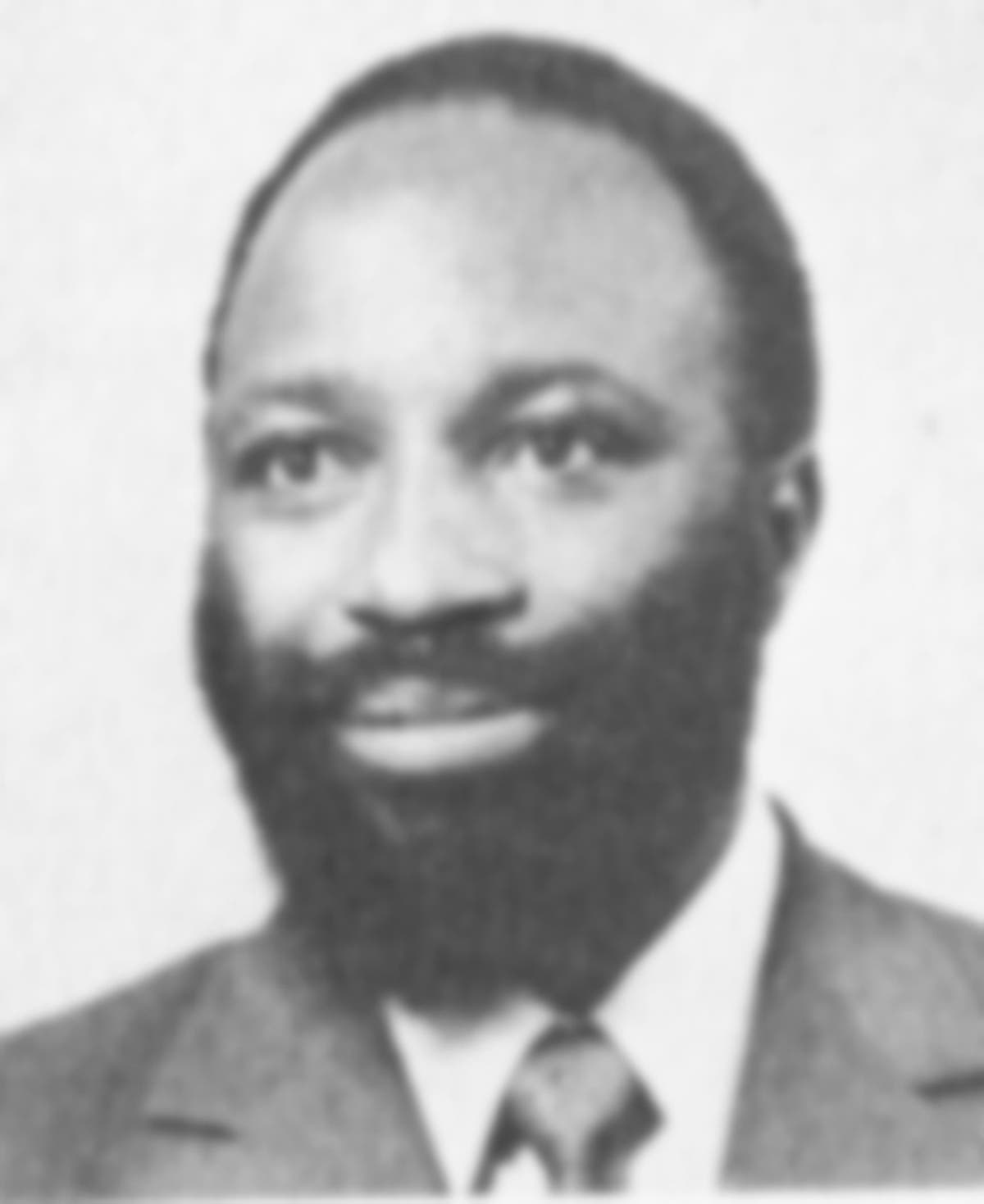Forty-five years ago, on the evening of 15 October 1975, 40-year-old Dr. Edson Sithole disappeared after being abducted on the streets of downtown Salisbury (Harare).
Sithole held an LLD from the University of South Africa and was the second black person admitted to the Rhodesian Bar, following Herbert Chitepo.
At the time of his disappearance, Sithole was the Publicity Secretary of Abel Muzorewa’s African National Council (ANC). Following his abduction, the ANC increasingly drifted to the right and eventually entered into a settlement with the Rhodesian state.
Sithole is a major figure in the history of Zimbabwe’s nationalist struggle.
This prominence centres around the mysterious nature of his disappearance and his contributions as a leading anti-colonial pan-African intellectual.
Less integral to Sithole’s legacy, but crucial to his political career, was his willingness to depart from the mainstream of the nationalist movement and critique his nationalist colleagues.
Sithole’s political life was a testimony to the value of political pluralism, a philosophy rejected at the time (and subsequently) by many of his contemporaries.
Despite his relative youth, Sithole had been active on the political scene for two decades. After playing leading roles in the City Youth League (CYL) and the Southern Rhodesia African National Congress political movements in the 1950s, Sithole was jailed with hundreds of his colleagues when the Rhodesian government declared a state of emergency in early 1959.
In June 1961 when the Zimbabwean nationalist movement suffered its first major split, Sithole (still under government confinement) sided with the minority group that rejected Joshua Nkomo’s leadership of the National Democratic Party (NDP).
As one of the ZNP’s most erudite members, he engaged in a vigorous debate with Robert Mugabe, the NDP Publicity Secretary, concerning Nkomo’s commitment to the struggle.
At the time, the NDP remained open to participating in electoral politics on the unequal terms dictated by the Rhodesian authorities. Thus, by 1961, Sithole had sparred with two of the most prominent nationalist leaders that would guide Zimbabwe’s liberation struggle.
In September 1962, the ZNP suffered its own internal split and Sithole became the Secretary-General of the short-lived Pan-African Socialist Union (PASU). In both parties, Sithole followed the leadership of Paul Mushonga.
Mushonga had been a patron and mentor to Sithole since the CYL era. Following Mushonga’s death in a car crash in December 1962, Sithole became embroiled in an unsuccessful struggle with Phineas Sithole, the PASU Vice-President, for the leadership of the party.
Sithole abandoned efforts to lead PASU and backed the Zimbabwe African National Union (ZANU) when it was formed in August 1963, becoming its Publicity Secretary the following year.
In just over a two-year period, Sithole joined a rapid secession of nationalist parties. His role in the ZNP and PASU made his tenure in ZANU uneasy, thus paving his way to take a leading position in the ANC in the following decade.
Sithole’s willingness to speak out was not merely confined to the domestic political scene. In the early 1960s he penned an op-ed excoriating Abubakar Tafawa Balewa, the Nigerian Prime Minister. Another column insinuated that Zambia’s Kenneth Kaunda was a weak leader who should be replaced by Simon Kapwepwe, one of his ministers.
As we reflect on his legacy, the major lessons of the importance of Sithole’s political independence are two-fold.
As efforts to uncover his fate continue, remembering Sithole’s leading role in promoting splinter political groups well before his alignment with Muzorewa gives a more thorough understanding of his position and his alliances, and adversaries.
Secondly, Sithole’s complicated attempts to find a stable political home illuminate a long heritage of political intrigue, embodying the environment that led to Sithole’s abduction and which is also reflected in ongoing political struggles.
Sithole was never able to fully exhibit his talents as a result of machinations in the nationalist struggle (and the long periods he was incarcerated by the Rhodesian state) and paid the ultimate price for his views. Remembering his outspoken political position and the full extent of his willingness to eschew the nationalist mainstream provides a compelling example as Zimbabwe strives to inculcate a principled political leadership.
Brooks Marmon is a post-doctoral fellow at the Department of Historical and Heritage Studies, University of Pretoria.

